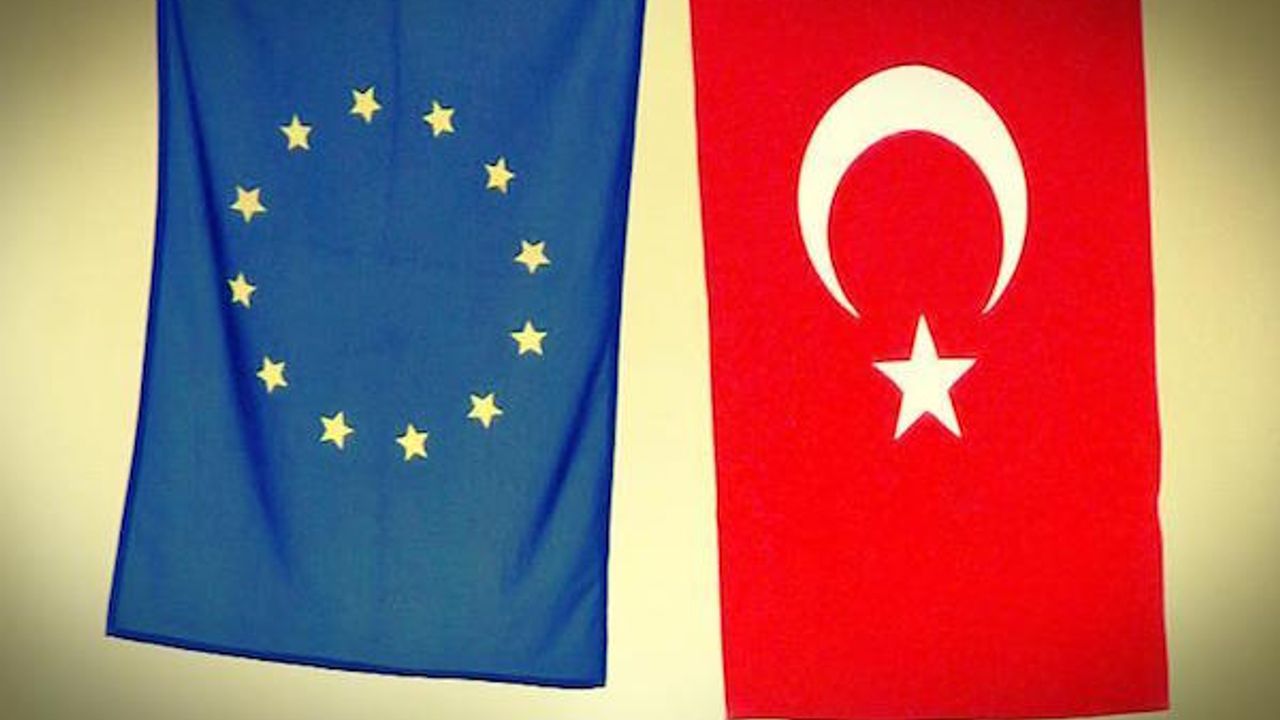BERLIN (AVRUPA TIMES)-Turkey’s agreement with the EU to tackle the refugee crisis has so far been successful but both sides should take immediate steps to prevent it from collapsing, a senior German analyst urged Monday.
“The EU needs to stick to its commitments. And in the field of refugees, that means a commitment to help Turkey carry the burden in Turkey. And to carry the burden itself, which for example requires some of the resettlements [in EU countries],” Gerald Knaus, director of the Berlin-based European Stability Initiative think-tank, told Anadolu Agency.
Rebuffing calls by some EU leaders to end cooperation with Turkey, Knaus accused them of being irresponsible.
“I think there is a lot of irresponsibility among some EU leaders. Fortunately, I mean, the key leaders in the main countries and in Brussels realize that a rupture would be bad for Turkey and the EU,” he said.
Knaus said he did not share the concerns voiced by some politicians in Europe about Turkish citizens being able to travel visa-free in Schengen zone countries.
“This is something that Mexicans, El Salvadorians, Moldovans, Albanians, Serbs, all of them can travel visa-free to the EU. All these countries have a per capita GDP like Turkey, or much lower,” he said.
Knaus said the EU-Turkey deal, reached this March, helped achieve a sharp reduction in the number of illegal crossing attempts and deaths in the Aegean Sea over the past four months, as well as helping take steps to improve the conditions of refugees in Turkey.
“It is clearly a success when we look at the number of people crossing the Aegean since the agreement was concluded. And if we look at the number of people who did not drown in the Aegean, compared to the period before the agreement,” he said.
Knaus noted that the deal is still in force despite various differences of opinion between the EU and Turkey.
“The EU, Greece, and Turkey all have an interest that the Aegean does not continue to be controlled by smugglers, and that the dead bodies of children and others are not washed up on the shores of the Aegean,” he said.
Knaus suggested appointing special envoys to drum up public support for the EU-Turkey agreement.
He said there could be “a high-level German or European special envoy for this agreement, whose job was also to explain and defend the agreement including visa liberalization to the European public and in EU member states but also to shuttle between Ankara and Athens,” as well as a “strong and credible Turkish counterpart, somebody who has been involved in negotiating this agreement or who knows about refugee issues to sort out all the concrete problems.”
The refugee deal between Turkey and the EU, signed on March 18, aims to discourage irregular migration through the Aegean Sea by taking stricter measures against human traffickers and improving the conditions of nearly 3 million Syrian refugees in Turkey.
The deal also allows for the acceleration of Turkey’s EU membership bid and visa-free travel for Turkish nationals within the Schengen area, on the condition that Ankara meets 72 requirements set by the EU.
Ankara has met most of the requirements, but the EU’s demands for change in Turkey’s anti-terrorism law have led to a deadlock in negotiations.










